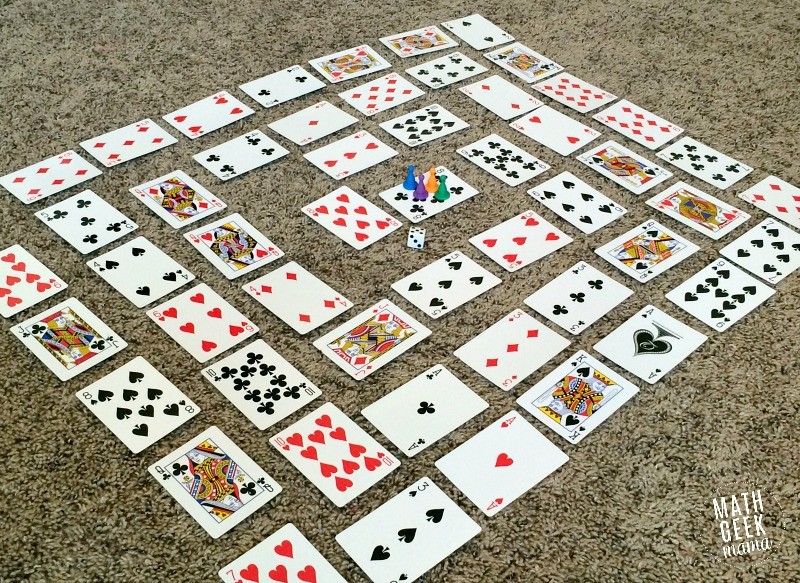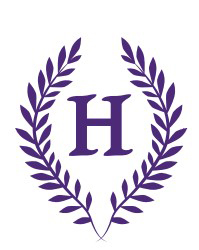Maths
We teach maths as classes now, a change which was brought about as a result of Covid restrictions but one that we feel has been a positive step! The learning of key facts, including Times Tables is fundamental to the curriculum but we also want children to develop their thinking and reasoning skills; helping them to gain the knowledge, confidence and life skills which will enable them to move successfully to the next stage of their learning and beyond.

Information about the progression in skills for the four number operations can be found in the PDF of the Powerpoint below, along with some questions for you try at home!
Maths Curriculum Statement
INTENT
Mathematics is important in everyday life; therefore, the aim of mathematics at Heatherside is to develop the children’s mastery of the subject so that they can apply their knowledge and understanding, solving problems, think logically, work systematically and accurately, justify their reasoning and make connections within real-life contexts.
In order to develop their mastery of mathematics, the four big ideas in the teaching of mastery are central to designing collaborative learning opportunities: representation and structure, mathematical thinking, fluency and variation. A ‘concrete, pictorial and abstract’ approach is used to introduce and represent mathematical concepts, exposing their structure and aid children’s understanding. During lessons, children are provided with opportunities to reason, making connections and justifying their thinking. They also regularly practise their recall of known facts and use of methods so that they are accurate, flexible and efficient mathematicians. Finally, mathematical questioning is crafted to expose key learning, and provide opportunities to practise the thinking process,
IMPLEMENTATION
Teachers plan together within year group teams to plan units of work that focus on the key mathematical skills outlined in the programmes of study. These are objectives are taught through a clear and concise progression of small and coherent steps for each lesson that allow for deep and sustainable learning, which is then layered within the next steps in the children’s learning.
Children are taught in mixed-ability whole-class groups, providing targeted and differentiated learning opportunities that both support and extend children’s knowledge and understanding. Maths is taught daily with lessons using a concrete, pictorial and abstract approach to guide children through their understanding of mathematical processes. A range of reasoning opportunities are provided within lessons to challenge all children, and give them the opportunities to reason logically, using sentence stems to explain their thinking, challenge their own and others understanding, and justifying their thinking.
Regular opportunities to develop children’s fluency are incorporated within lessons to develop their quick and efficient recall of facts and procedures, and develop their flexibility to move between contexts and representations of mathematics, making appropriate choices from a toolkit of methods, strategies and approaches within both maths lessons and in other subjects across the curriculum. Questioning is used to highlight the essential features of a mathematical concept or idea, adding variation to emphasise what it is and what it is not. ‘Opportunities to ‘recap and refresh’ are also used to revisit previous learning and ensure mathematical knowledge and skills are embedded.
Outside of the daily Maths lessons, interventions are also used to target children to ensure they are ready for the next steps in their learning, or to further their depth of understanding.
IMPACT
As a result of our Maths teaching:
- children will be engaged and challenged in their learning;
- children will be able to use a variety of resources with confidence to support their learning;
- children will be able to use different representations of mathematical concepts;
- children will be able to talk about their learning with confidence, justifying their thinking by using precise mathematical vocabulary, and making connections within and between all areas of mathematics;
- children will be able to recall number facts and use structural methods with fluency;
- children will be able to think logically, and work both systematically and accurately;
- children’s learning will be tracked and monitored to ensure all children make good progress through on-going formative assessment against key performance indicators, and regular summative assessment to monitor their progress.
